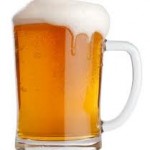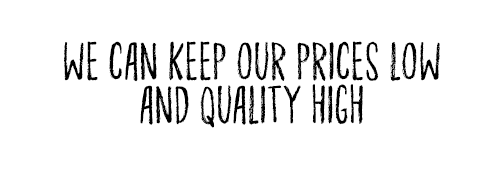How Long Can You Survive on Beer Alone?
An Iowa man completed his Lent-long beer fast on Sunday, marking the occasion with a bacon smoothie. During the 46-day feat, J. Wilson consumed only beer and water, emulating a centuries-old tradition once practiced by the Paulaner monks of Munich, Germany. How long could a man survive on beer and water?
Not more than a few months, probably. That's when the worst effects of scurvy and protein deficiency would kick in. (Liver disease is a serious risk of chronic alcohol use, but it takes longer to arrive.) If you kept to a strict beer diet—and swore off plain water altogether—you'd likely die of dehydration in a matter of days or weeks, depending on the strength and volume of beer consumed. There's plenty of water in beer, of course, but the alcohol's diuretic effect makes it a net negative in terms of hydration under most conditions.
Scurvy would be an ironic cause of death for a beer-dieter, since the drink was long considered a prophylactic against the disease. For much of the 1700s, doctors administered beer, wort, and malt to prevent the lethargy, wounds, gum disease, fever, and eventual death caused by scurvy. Legendary British explorer Captain James Cook touted the anti-scorbutic effects of beer; his sailors' rations typically included a gallon per day. Beer's failure to quell major outbreaks of scurvy, like those at the siege of Gibraltar in 1780 and aboard the HMS Jupiter in 1781, helped disprove the theory. In 1795, the British admiralty adopted lemon juice as the official cure.
One serving of beer contains between zero and 30 milligrams of vitamin C, depending on the recipe. But the alcohol also makes drinkers urinate vitamin C faster than usual, which is one reason doctors are supposed to monitor chronic alcoholics for scurvy. In the 1920s, British researchers tested the effects of a beer-based diet on two Rhesus macaque monkeys. Each animal received up to 200 milliliters of India pale ale each day, along with some other foods lacking in vitamin C. "Well-defined symptoms" of scurvy appeared after 37 days for one and after 57 days for the other.
Aside from vitamin C, beer is notably deficient in vitamins A, D, E, and K, as well as thiamine, protein, and fat. If scurvy didn't set in first, the thiamine deficiency known as beriberi might be deadly. If left untreated, beriberi can trigger heart failure. Protein deficiency is another major risk, with the potential to cause muscle wasting and anemia. To get the recommended daily intake from beer, you'd have to drink about 3.5 gallons a day.









